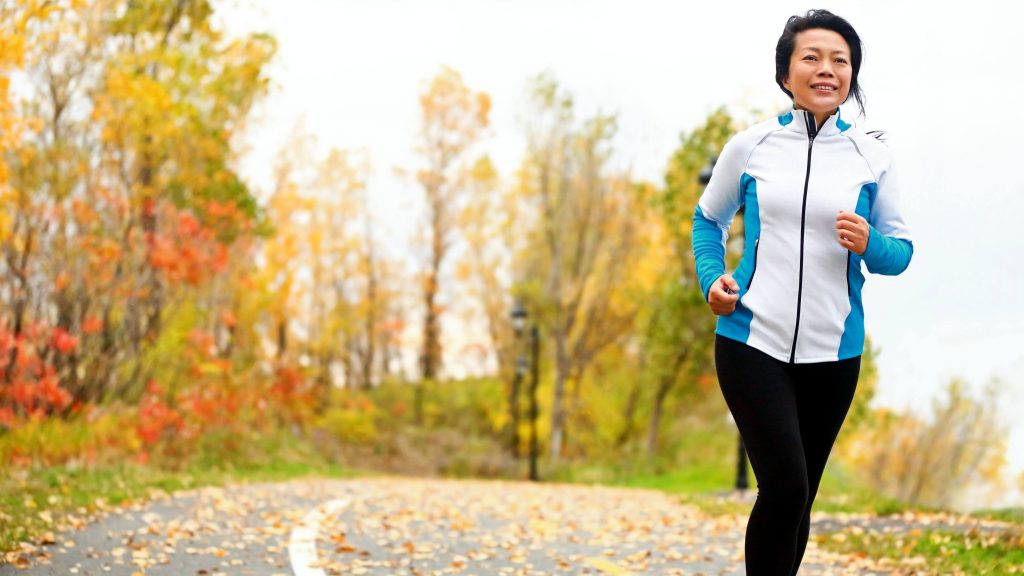-
Cardiovascular
Mayo Clinic Minute: Combating weight gain during menopause
Menopause marks the end of reproductive years. Fluctuating hormonal levels can lead to a variety of unwanted symptoms, including hot flashes, night sweats and sleep problems.
Another common complaint is added pounds.
Mayo Clinic's Dr. Juliana Kling explains what is behind weight gain during menopause and what a person can do to combat it.
Watch: The Mayo Clinic Minute
Journalists: Broadcast-quality video (1:04) is in the downloads at the end of this post. Please courtesy: "Mayo Clinic News Network." Read the script.
If you are going through menopause and find it harder than ever to maintain a healthy weight, you are not alone.
"Menopause is diagnosed clinically and retrospectively as 12 months past the last menstrual cycle. Weight gain is one of the things that many, if not all, of my menopausal patients will share with me that they're experiencing weight gain symptoms. That can be really challenging because your metabolism starts to really decrease around midlife," says Dr. Kling.
She recommends regular exercise for your heart health. Menopause is the time to lean into those healthy habits.

"Typically, those healthy lifestyle habits are going to provide the most success at helping during the menopause transition. In fact, we see pretty good data that weight loss or weight management can be helpful for managing menopause symptoms, so focusing on a healthy diet, on exercise, all of those can help. Exercise can even help with sexual functioning. Recognizing when you're doing those things, you're getting multiple benefits from it," says Dr. Kling.
Tips to reduce weight gain after menopause
Having excess weight, especially around your belly or midsection, increases your risk of many issues so it's important to lead a healthy, active lifestyle. Here are some ways to help.
Move more. Physical activity is important. You don't need to go to the gym if that's not what makes you comfortable. Try brisk walking, jogging, biking, swimming or water aerobics. If you're a beginner, start with 10 minutes a day and gradually increase the intensity and duration. Strength training exercises are recommended at least twice a week.
Eat less. You may need around 200 less calories a day when you reach your 50s or 60s. Choose fresh vegetables, whole grains, less sweets and alcohol. Olive oil, legumes, nuts, soy, fish and low-fat dairy products are good choices. Meat, such as red meat or chicken, should be eaten in limited quantities. Desserts with fresh fruit are a great choice.
Related posts:







